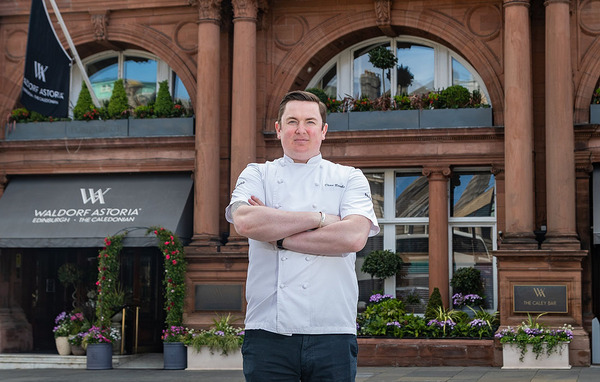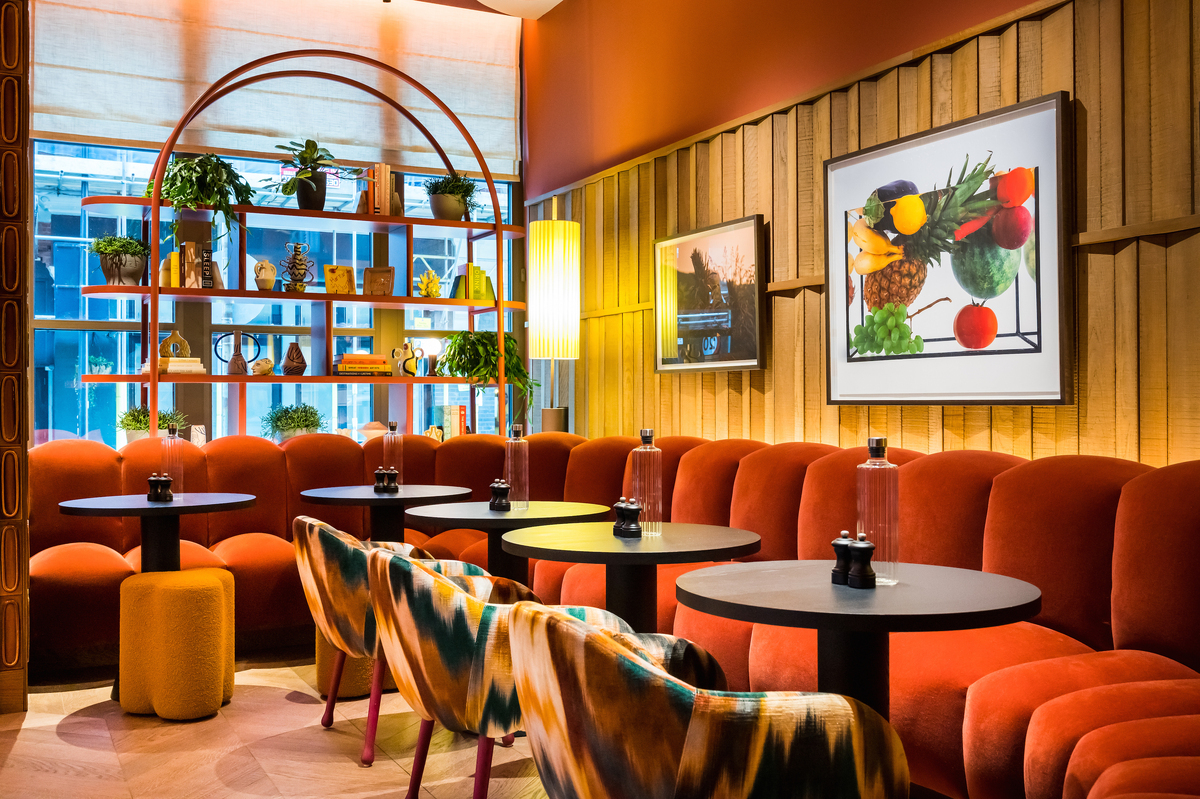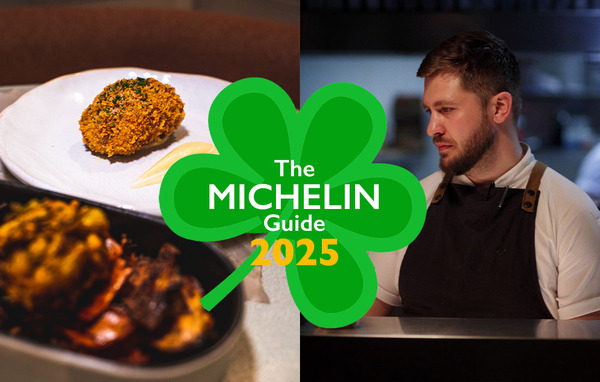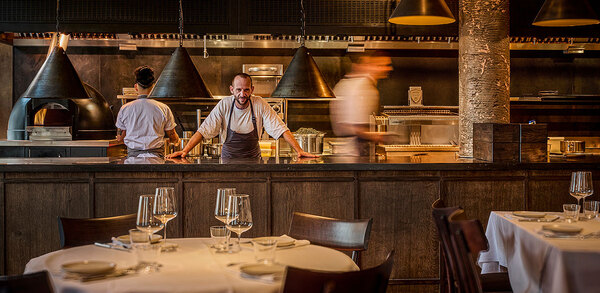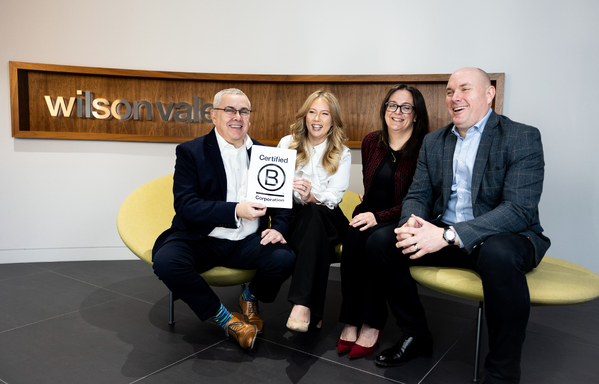UKHospitality launches sustainability guide to help operators hit net zero by 2040
UKHospitality has revealed 10 pledges and guidance to help the sector meet net zero by 2040 targets.
The trade body has launched a Sustainability Commitment document, setting out 10 pledges in four key areas – waste, supply chain, skills and biodiversity – including reducing food waste by 50% by 2030 and eliminating unnecessary single-use packaging by 2025.
The pledges were revealed at an event to mark the launch of UKHospitality’s sustainability strategy and industry guidance in London today. The guidance provides support for hospitality businesses including tips, templates and best practice resources to help companies on their decarbonisation journey.
Opening the event, Kate Nicholls, CEO of UKHospitality, called on the industry to drive business growth in a “sustainable and environmental way”.
She was mindful of the repercussions of the pandemic and, lately, souring energy costs which are still impacting hospitality businesses, but noted how the fragility of the food and energy supply chain demonstrates how the industry needs to make sustainable changes to protect itself for the future.
“It will be incredibly challenging, but the blueprint [will] help us get there,” she said. “They’re ambitious targets, and with a sector made up largely of SMEs it will be challenging to deliver, but small changes will build up to a huge impact.”
Mark Chapman, CEO, Zero Carbon Forum, agreed the biggest challenge to achieving key sustainability goals is the wider energy and cost-of-living crisis. He added. "Actually a lot of the solutions to the climate crisis will help operators get through the next six months, such as growing sales and reputation."
Also speaking at the event, Tim Doubleday, CFO of Burger King UK, said: “Businesses want long-term prospects and future value, but you can’t have that if you don’t take ESG policies seriously in today’s world.”
Citing research from KPMG, Doubleday said one of the downsides of failing to meet ESG targets include difficulty raising finance, or a higher cost of finance to a business, followed by disengaged employees and difficulty with recruitment, and having a competitive advantage in the marketplace.
“We need to be resilient businesses to succeed,” he said, pointing to a simple green change, such as upgrading lighting with LED lightbulbs. “They are a less than 12-month payback, and are right for sustainability objectives and they reduce costs to businesses – they’re an absolute no brainer.”
The 10 pledges outlined in UKHospitality’s Sustainability Programme comprise:
- To deliver on 2040 net-zero aims for the sector
- Roll out the UKH sustainability guide to members focusing on providing SMEs with tips, templates and best practice resources
- Eliminate unnecessary single-use packaging by 2025
- Reduce food waste by 50% by 2030
- Incorporate sustainability skills in relevant training courses and promote the appointment of site-based sustainability champions
- Support the Hospitality Sector Council’s Sustainability Committee on the delivery of the Hospitality Strategy’s environmental targets
- Promote sign-up to external pledges, such as the Courtauld Commitment and Plastics Pact
- Facilitate engagement across supply chains to reduce environmental impacts
- Promote the roll out of EV charging points across the sector
- Work with the Hospitality Sector Council to align industry objectives and share best practice amongst businesses




